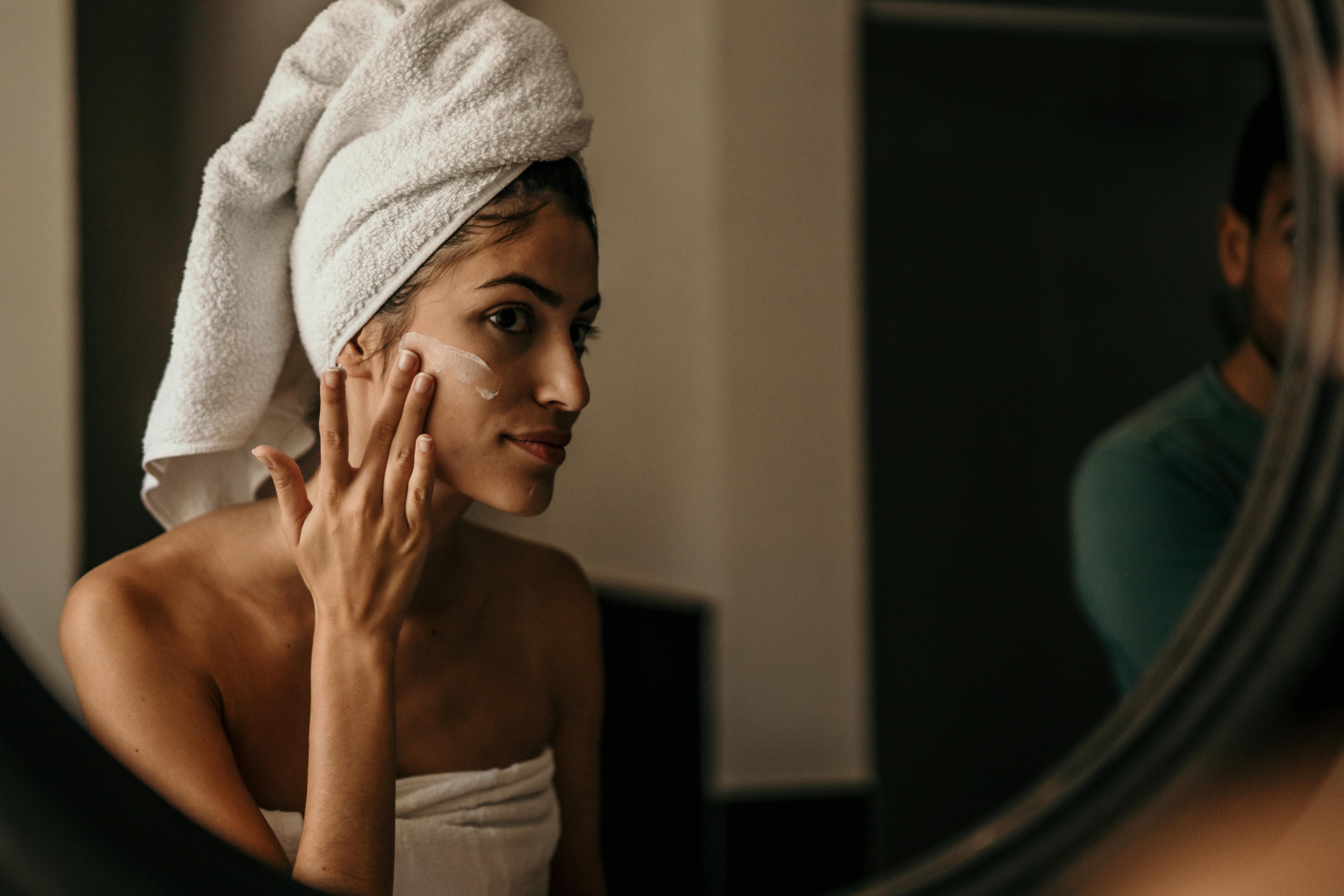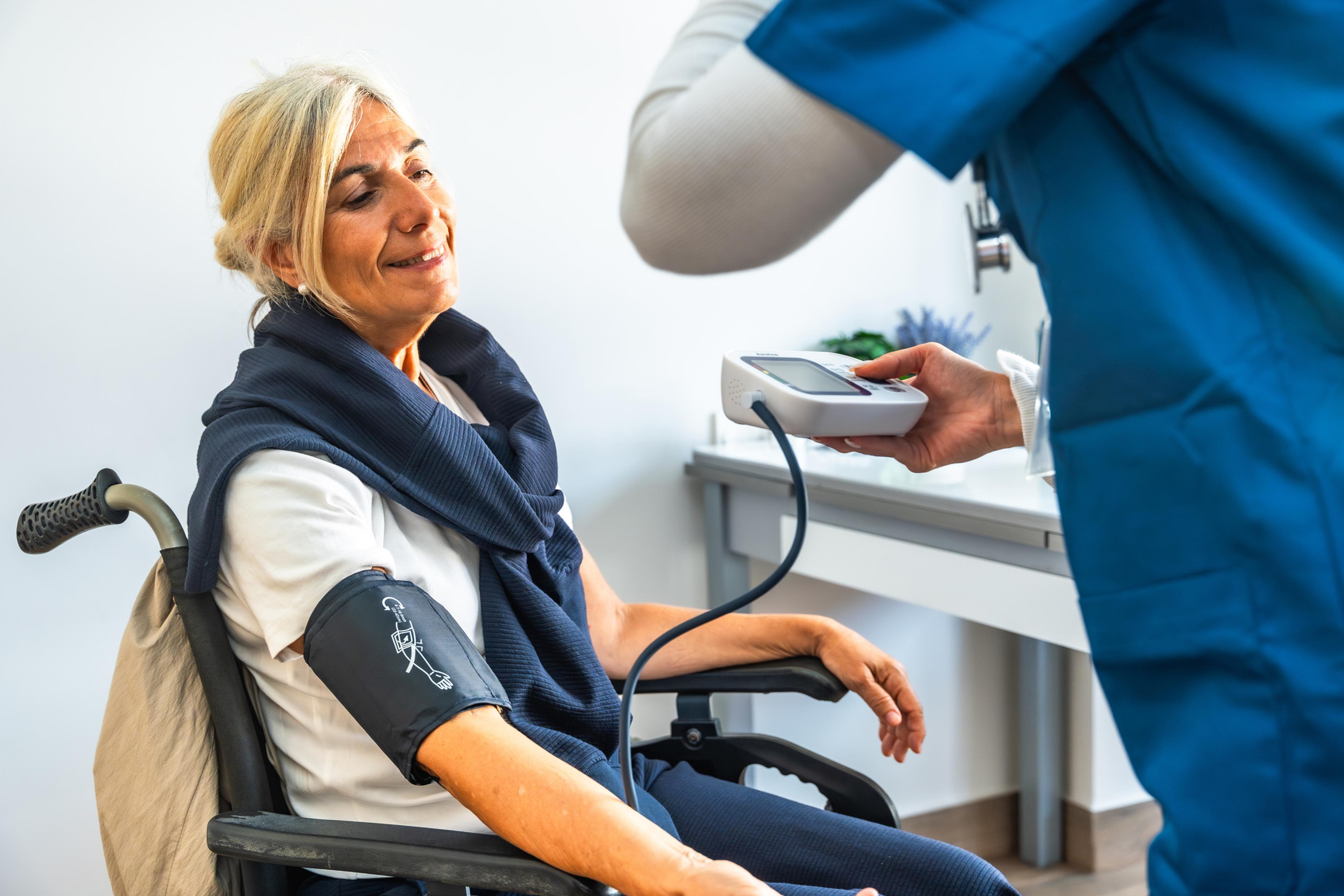What is Collagen Banking?

Lindsay Knake
| 3 min read
Lindsay Knake is a brand journalist for Blue Cross B...

You may have heard of the term collagen banking, which aims to boost collagen levels in your skin to keep it elastic and firm. Expensive, luxury products promise to stimulate collagen production and help you maintain a youthful appearance.
But do these products actually work? Let’s take a look at collagen, collagen banking and how to keep your skin healthy.
What is collagen banking?
Collagen is a protein that makes up 80% of your skin. It also is a vital component of bone, connective tissue, the heart and lungs. At the age of 20, about 1% to 1.5% of collagen levels drop each year. This loss increases to 2% to 2.5% when women reach menopause. Collagen stores drop to about half by age 50.
Collagen banking is a trendy practice of adding collagen to the skin through skincare products and oral supplements. This aims to create a stockpile of collagen to counteract the natural loss of the protein with age.
Do collagen supplements and products really work?
However, topical collagen products such as serums and moisturizers will not add collagen to your skin. These products do not reach the deeper layers of skin to have an effect on the amount of collagen or collagen production, according to a study.
Instead of topical collagen products, try serums and creams with retinol, peptides, hyaluronic acid and vitamin C to keep your skin healthy and firm. Children and teens should not use these products because they can be hard on a young person’s developing skin barrier.
There is some evidence that collagen supplements can improve skin hydration and elasticity. However, more research is needed, according to the American Academy of Dermatology. Supplements are not regulated by the U.S. Food and Drug Administration (FDA). Look for a seal from NSF International to see if a supplement has been third-party tested and verified. Talk to your doctor before starting any new supplement.
Additionally, taking an oral collagen supplement doesn’t mean all of it will go to your skin. Your joints, bones, connective tissue and organs also use collagen, and your body will send the proteins to where you need it most.
How to keep your skin healthy
To keep your skin healthy, focus on living a healthy lifestyle. A supplement or product isn’t going to be able to counteract damage from the sun and an unhealthy diet. Here are ways to protect your skin from external stressors:
- Don’t smoke and limit alcohol
- Use sunscreen with at least 30 SPF daily to protect against harmful ultraviolet radiation.
- Wear clothing and hats to protect against sun damage.
- Manage stress.
- Wash your skin with a gentle cleanser and use moisturizer.
- Use skincare products such as retinol, vitamin C, hyaluronic acid and peptides after age 20.
- Eat a healthy diet with fresh vegetables and fruit, lean protein and healthy fats.
- Get regular exercise.
- Get plenty of sleep.
- Talk to your dermatologist about safe and effective measures for healthy skin.
- Talk to your primary care physician before taking any supplements.
Remember, aging is a normal part of life. Fine lines, wrinkles and loose skin are part of the human experience. Instead of rejecting them, learn to embrace aging.
Image: Getty Images
Related:





